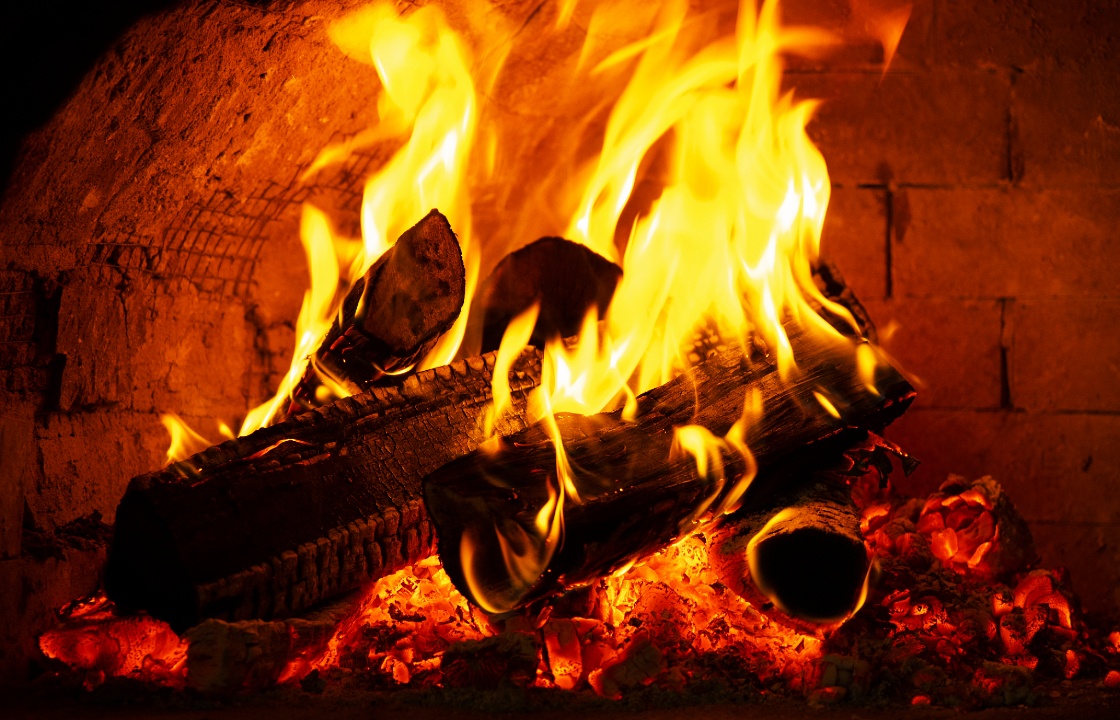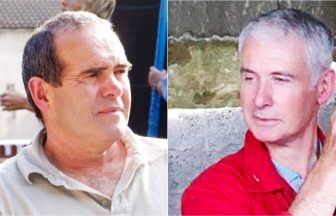Charlotte Rogers thought she had moved into the perfect family home with her two young boys.
But she has faced multiple problems with her newbuild house, her heat pump doesn’t work and legislation means replacing it with an alternative is even more difficult.
Heat pumps can be an energy efficient, low carbon way to heat your home but some have criticised them as being expensive, low in efficiency and unsuitable for Scotland’s climate.
“I bought this house having come up from England after a bad split. I wanted to provide something for the boys and it’s just not been that fairy tale that we hoped it would be,” Charlotte told STV News.
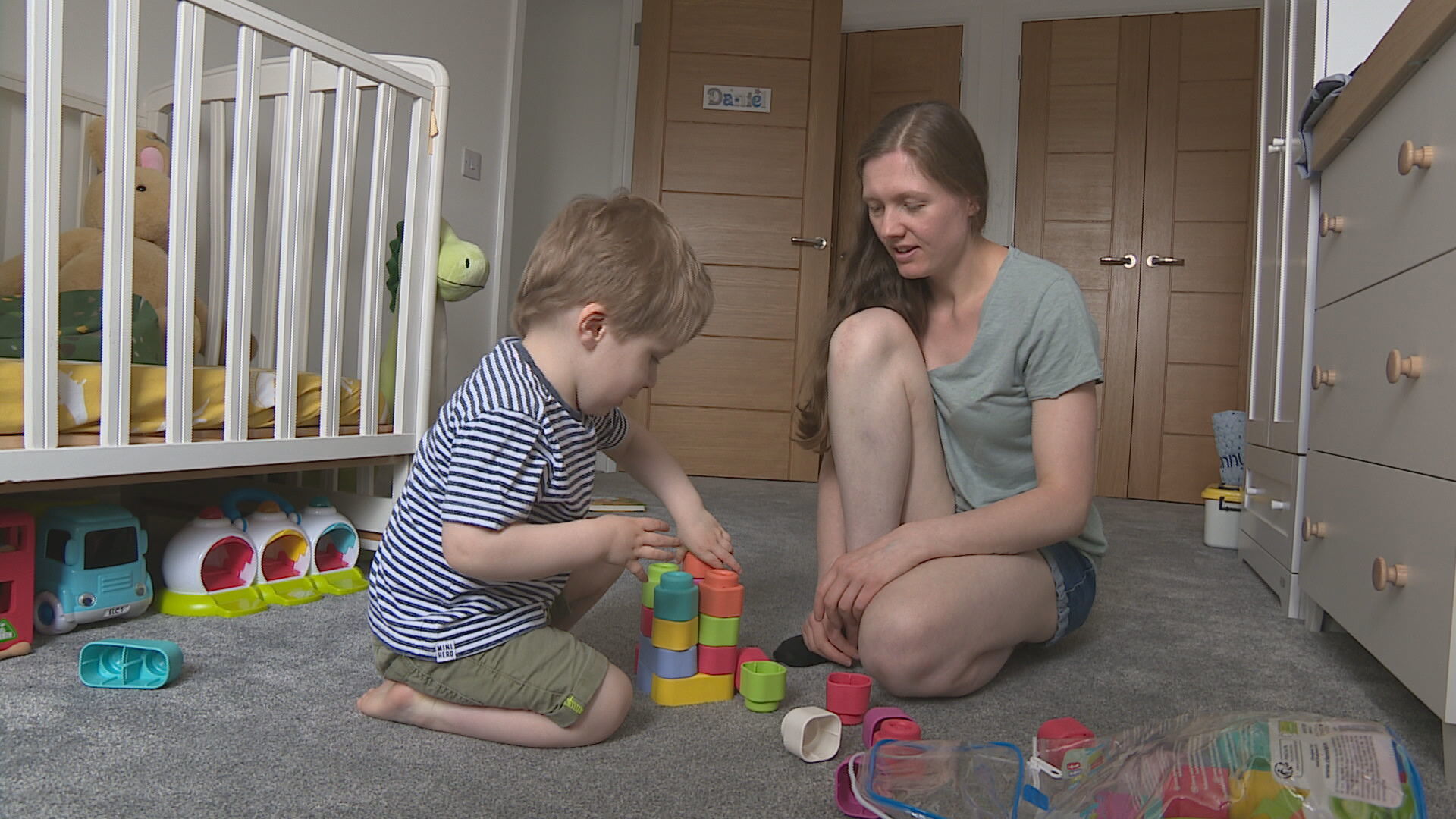 STV News
STV News“We haven’t had any heating since October 2023, still haven’t got it now. The bedroom of my youngest son got down to 13C; then obviously putting him to bed fully clothed, thick jumper, jacket, hat, gloves, thickest blankets, we doubled up, and he still had cold toes in the morning.
“It was getting to the point where I was waking up at night because it was just bone-chillingly cold.”
As our climate changes, the way we warm our homes in Scotland has become a burning issue.
Changes in legislation at the start of April mean oil and gas boilers are now banned in new-build homes, as are wood burning stoves, as a sole source of heating.
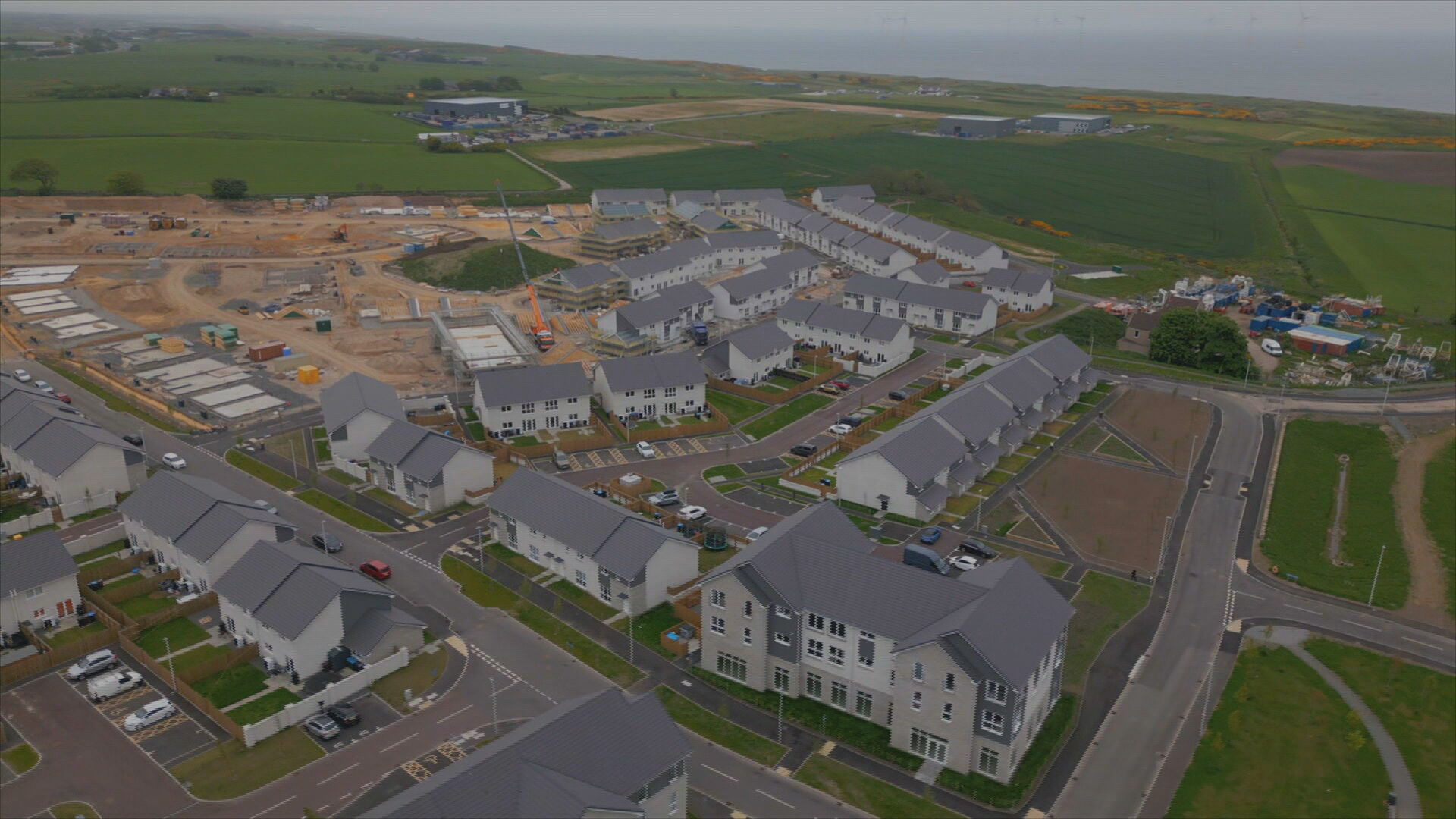 STV News
STV NewsBut the rules have sparked anger from some of our most rural communities who say they rely on fossil fuels.
Gas heats more than two million homes in Scotland and more than half don’t meet a good level of energy efficiency but there are now plans to change that.
By the end of 2028, all homes rented out by private landlords will have to meet minimum energy efficiency standards.
For private homeowners, that deadline is extended to the end of 2033. All buildings owned by Scottish public authorities will need clean heating by 2038. And by 2045, the use of polluting heating systems in buildings will be banned.
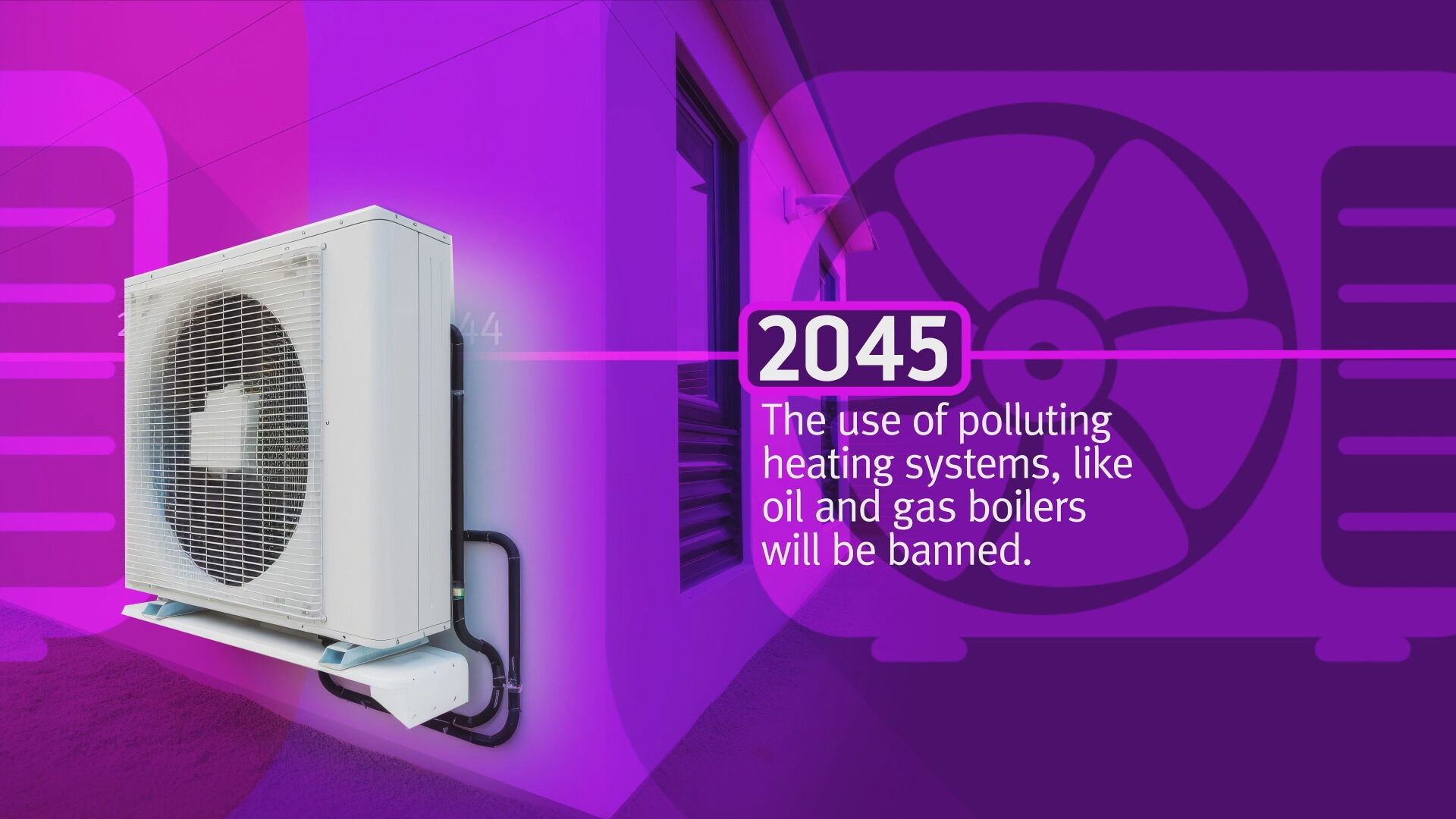 STV News
STV NewsHeat pumps – both air and ground source – offer clean energy heating.
They work almost like a reversed fridge. Heat is taken from outside air and then circulated through a heat exchanger, which contains a refrigerant that absorbs the heat and evaporates, turning into a gas.
That gas is then compressed, increasing its temperature, where it is transferred to a heat exchanger to heat the water that circulates around radiators or stored in a cylinder for hot water.
Lesley Gomersall and her husband were determined to move away from gas central heating.
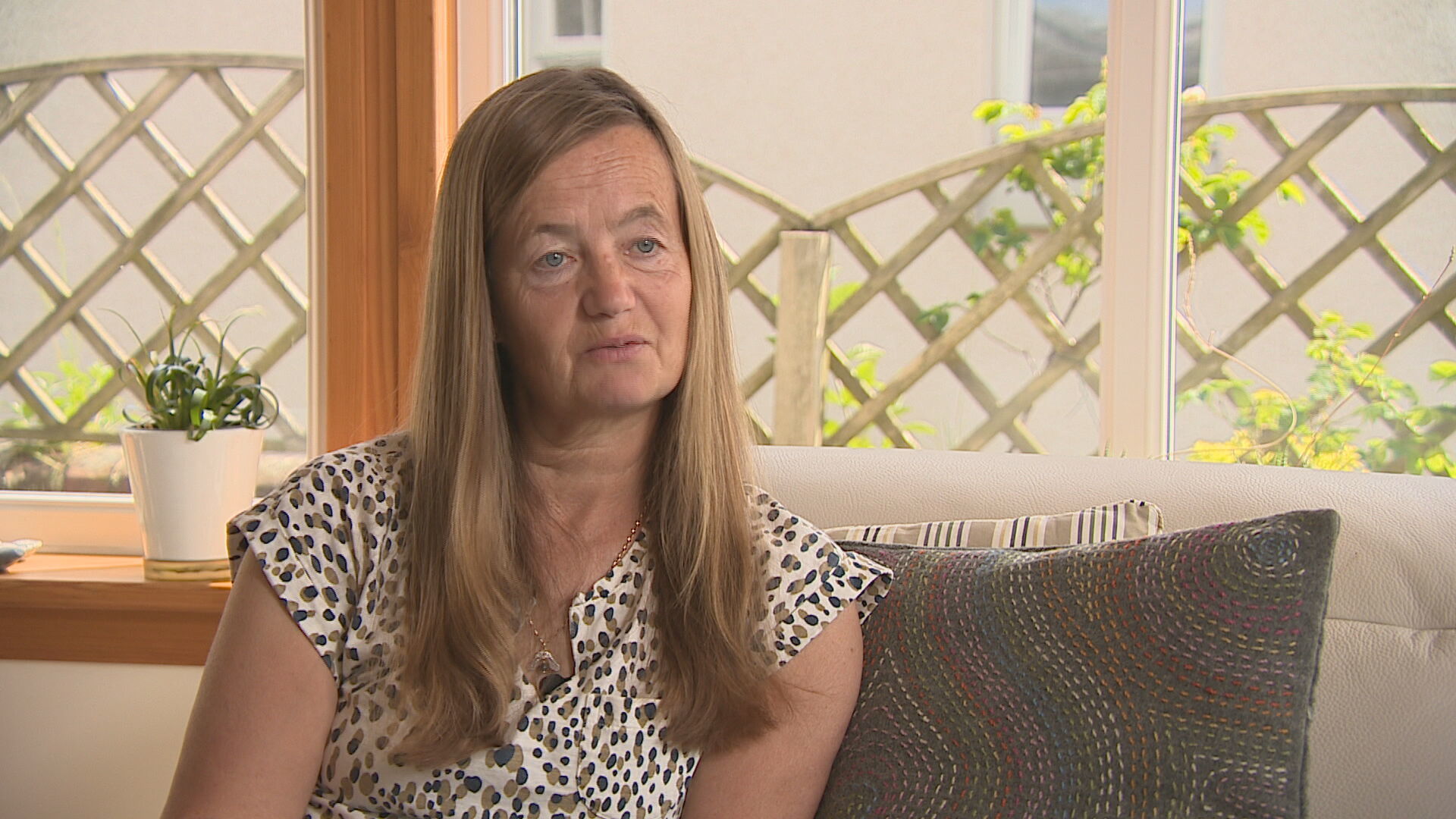 STV News
STV NewsThey have retrofitted heir house with a heat pump and modernised their insulation.
Lesley said: “It’s been a cold granite house, it needed some work doing, and if we are staying here in our retirement then we needed to make it future proof for ourselves and nice and warm.
“And that’s what we’ve got – and the bills are much cheaper.”
Robbie Devine has been installing heat pumps since 2020 and think they are vitally important if Scotland is to meet its green energy targets.
“If we’re going to be serious about doing this, then we’re going to have to go all in and use heat pumps as the go to for for central heating, not relying on fossil fuels,” he told STV News.
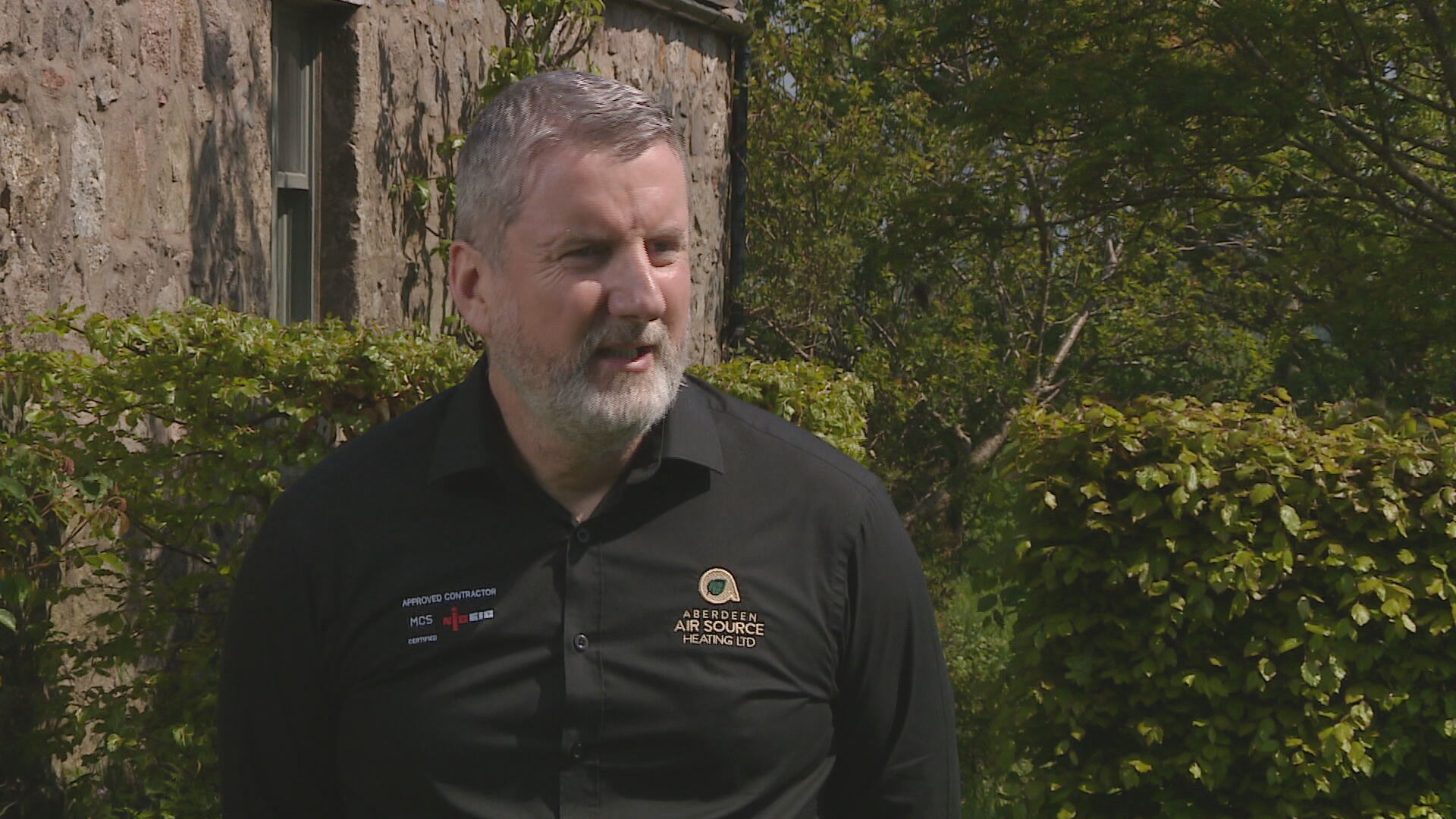 STV News
STV News“They use this technology in the Arctic Circle so why wouldn’t it work in the UK.
“We’ve got a far more moderate climate than they have and they work perfectly well as long as they’re set up properly.”
Follow STV News on WhatsApp
Scan the QR code on your mobile device for all the latest news from around the country


